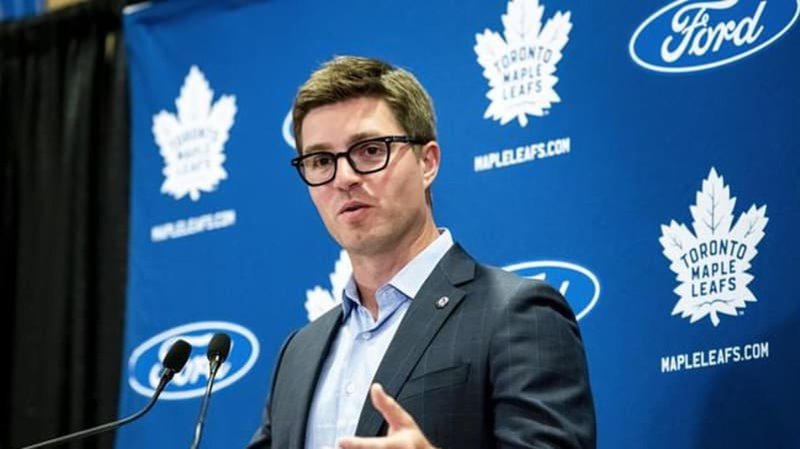
Dubas impressed by Leafs’ commitment heading into camp; Matthews ready for camp
TORONTO — Kyle Dubas could only watch as his Maple Leafs went through their paces the last few weeks.
Phase 2 of the NHL’s return-to-play protocol featured voluntary on- and off-ice workouts with plenty of social distancing and, at least to start, no coaches. The players were basically on their own to set up drills, push each other and prepare for a potential league restart that was far from certain.
Toronto’s general manager came away impressed by what he saw, and hopes that commitment pays off when the games matter.
“We had been on them from the beginning about their conditioning level,” Dubas said Sunday of the conversations with players since the season was suspended in March because of COVID-19. “Their fitness is going to be really important for us as we begin rolling. That was something that we hammered home to them on every Zoom call and conference call.


